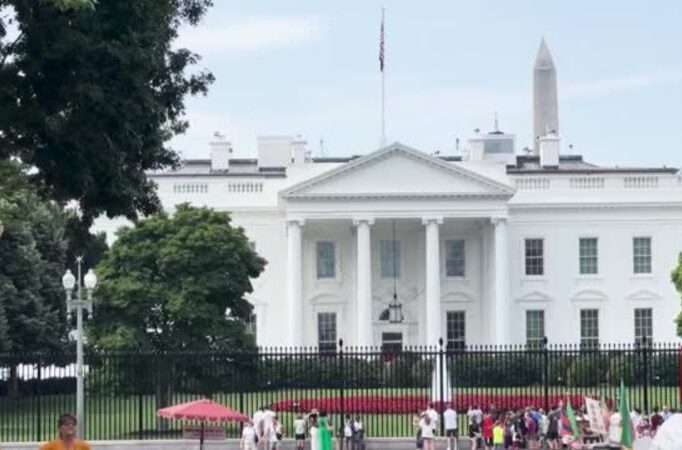BTN News: In a significant legal move, fifteen states have united to file a federal lawsuit against the administration of President Joe Biden, challenging a new regulation that would grant health care benefits under the Affordable Care Act (ACA) to approximately 100,000 immigrants who were brought to the United States illegally as children. This policy change has ignited a contentious debate, highlighting the ongoing tension between state governments and the federal administration over immigration policies.
Jonathan Skrmetti, the Attorney General of Tennessee, voiced his strong opposition, emphasizing that this rule represents what he describes as an unlawful attempt by the Biden administration to extend extensive healthcare benefits to undocumented immigrants. Skrmetti argues that this move is symptomatic of a broader pattern within the administration that, in his view, fails to uphold the constitutional principles of the nation. The lawsuit contends that the Biden administration’s proposed regulation directly contradicts the Welfare Reform Act of 1996, alongside the ACA, and it raises concerns that such a policy could incentivize more illegal immigration, ultimately imposing additional burdens on state resources, particularly in public school systems.
From the perspective of DACA recipients, however, this lawsuit is seen as yet another political attack aimed at their community. Isaías Guerrero, a beneficiary of the Deferred Action for Childhood Arrivals (DACA) program, expressed his frustration, noting that despite substantial public support for a pathway to citizenship, particularly with about 70% of Americans in favor, certain political factions continue to ignore this sentiment in favor of pursuing electoral gains. Activists supporting the Biden administration’s policy argue that it is a beneficial measure for the country, considering that many of these immigrants have been living in the United States for over 15 years and have become integral members of their communities.
Abel Nuñez, Director of CARECEN, pointed out the timing of the lawsuit, attributing it to the electoral climate. He argues that Republican attorneys general, particularly from states like North Dakota, Tennessee, Kansas, Alabama, and several others, are leveraging this legal action to keep immigration issues at the forefront of political discourse as elections approach.
This legal challenge underscores the deeply polarized nature of the immigration debate in the United States, where state governments, particularly those led by Republican officials, continue to resist federal initiatives that they perceive as overreaching or detrimental to their local interests. As this lawsuit progresses, it is likely to fuel further discussion on the balance of power between state and federal authorities and the ongoing struggle to find common ground on immigration reform.


